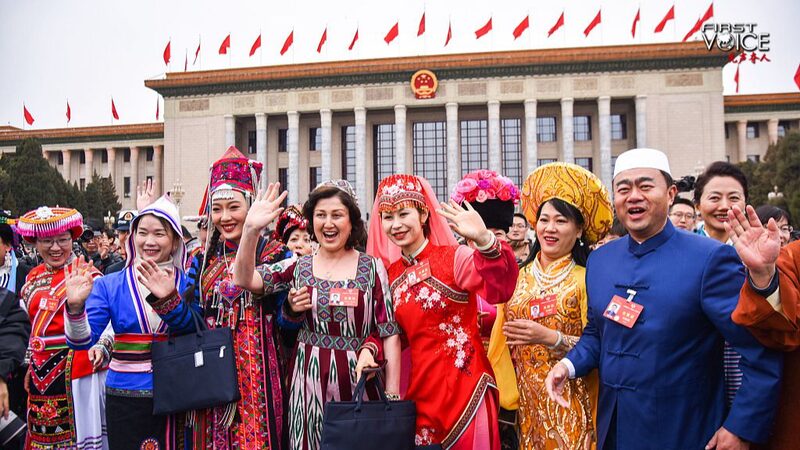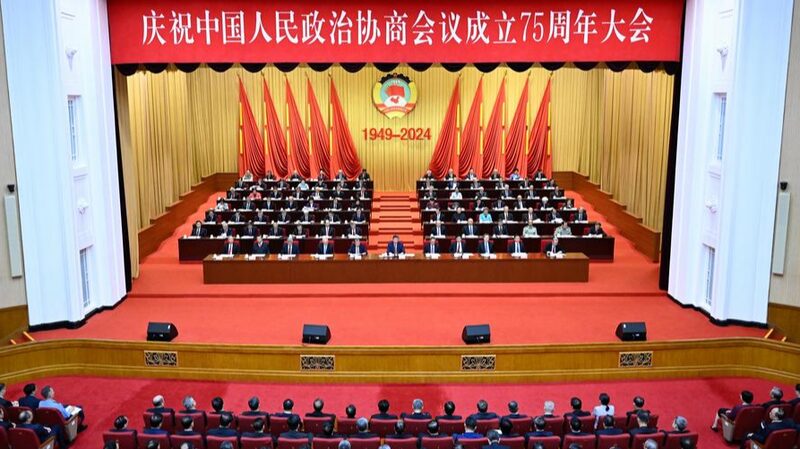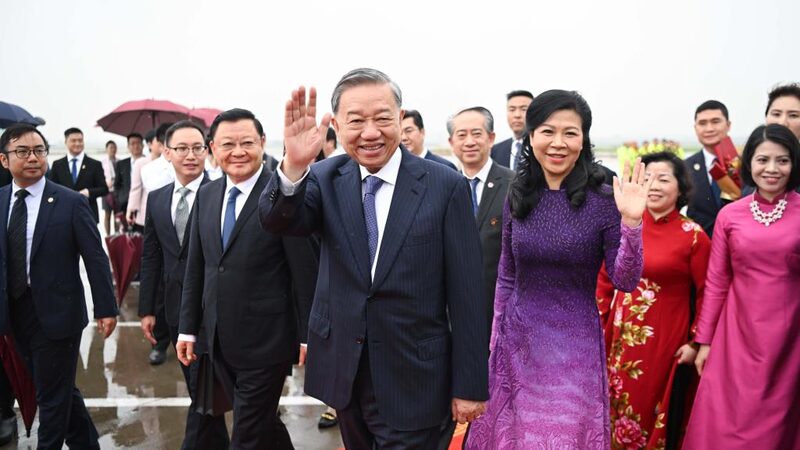This year marks the 75th anniversary of the founding of the People’s Republic of China. Over the past seven and a half decades, China has continually developed its socialist democracy, steadily advancing political reforms and modernizing its governance systems and capabilities.
While some in the West hesitate to recognize China’s democratic system, labeling it as “non-democratic” or “authoritarian,” it’s important to understand that China’s approach to democracy is rooted in its unique history and reality. The system of multi-party cooperation and political consultation under the leadership of the Communist Party of China (CPC) is a distinctive political framework that differs from Western models.
The Unique Nature of China’s Political Party System
Unlike Western party systems, which often center on competition and elections for various levels of government, China’s system emphasizes collaboration and consultation. Multiple parties participate in the political process, contributing to policymaking and governance without the adversarial nature of Western electoral politics.
This collaborative approach aims to represent a broader spectrum of society, fostering unity and collective progress. It avoids some of the pitfalls seen in Western systems, such as societal division, short-term policy focus, and the dominance of elite interests.
Challenges in Western Party Systems
Western democracies have made significant contributions to modern governance, but in recent years, several flaws have become apparent:
- Party Extremism: Political parties increasingly cater to specific factions or interest groups, leading to societal fragmentation and polarization.
- Shortsightedness: To fulfill election promises, ruling parties may focus on short-term gains rather than long-term national interests.
- Elitism: High costs and complexities in the political process can exclude ordinary citizens, leaving governance in the hands of a select few.
These challenges have hindered the ability of some Western governments to effectively address economic issues, security concerns, and social inequalities.
The Appeal of China’s Democratic Model
China’s socialist democracy seeks to mitigate these issues by promoting inclusive participation and long-term strategic planning. The CPC works collaboratively with other parties and organizations to formulate policies that aim for sustainable development and social harmony.
This model has enabled China to make significant strides in economic growth, poverty alleviation, and technological advancement, contributing to its rising global influence.
A Different Path to Democracy
Democracy is not a one-size-fits-all concept. China’s approach demonstrates that there are multiple ways to achieve democratic governance that reflects a nation’s history, culture, and societal needs. As the world becomes more interconnected, understanding these different models becomes increasingly important.
China’s socialist democracy offers an alternative perspective on how a nation can organize its political system to serve the collective good, striving for unity and long-term prosperity.
Reference(s):
cgtn.com








